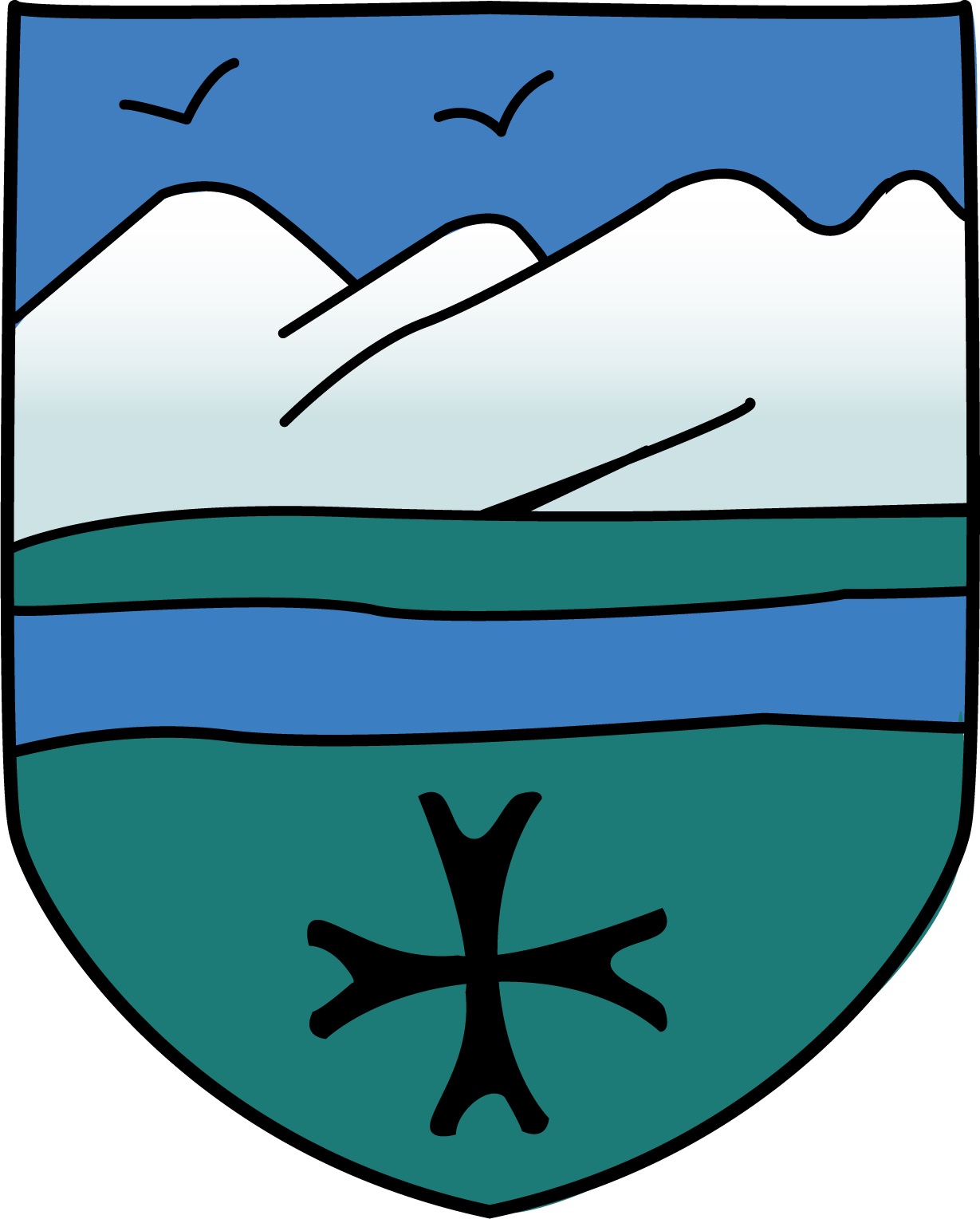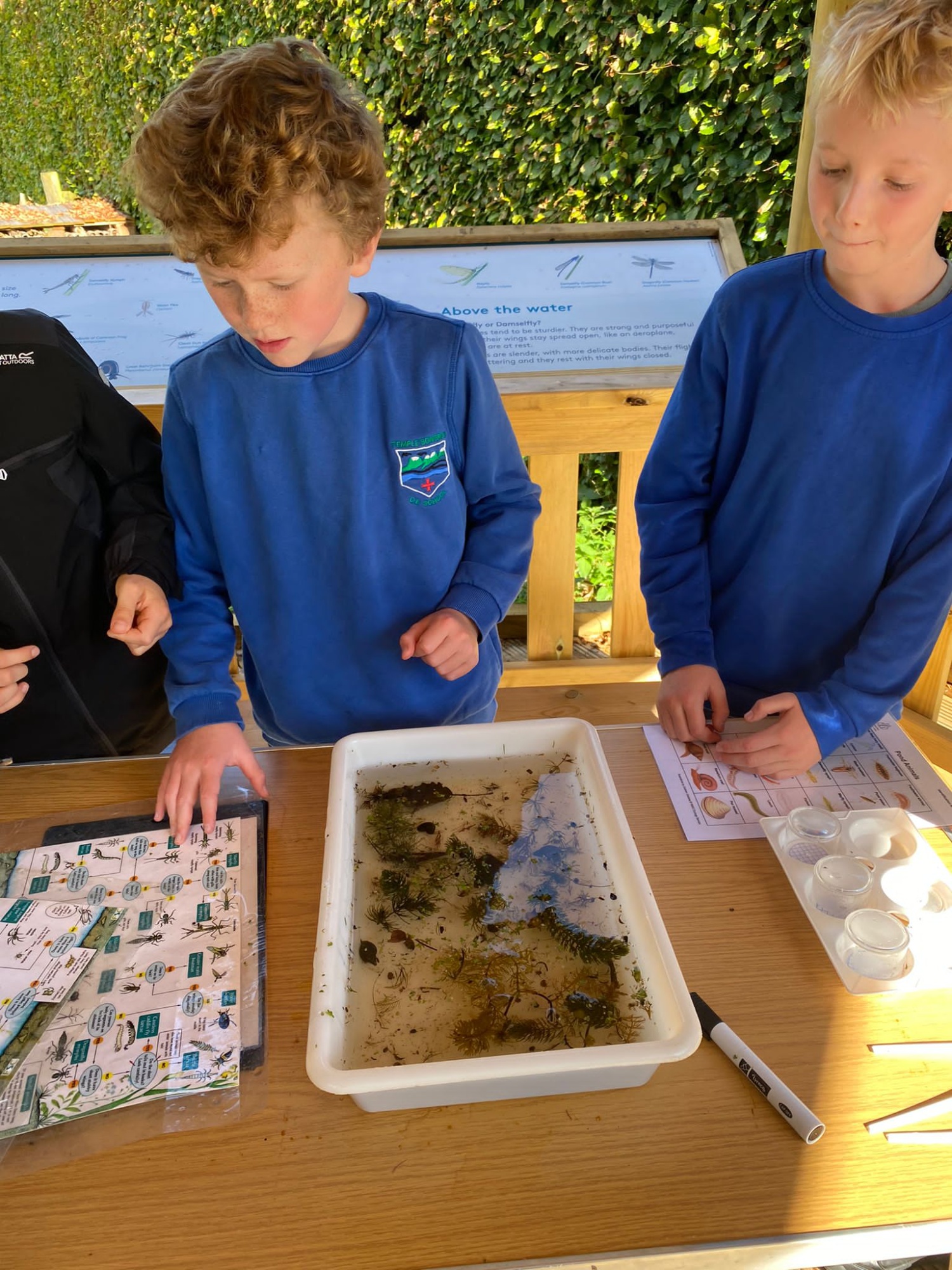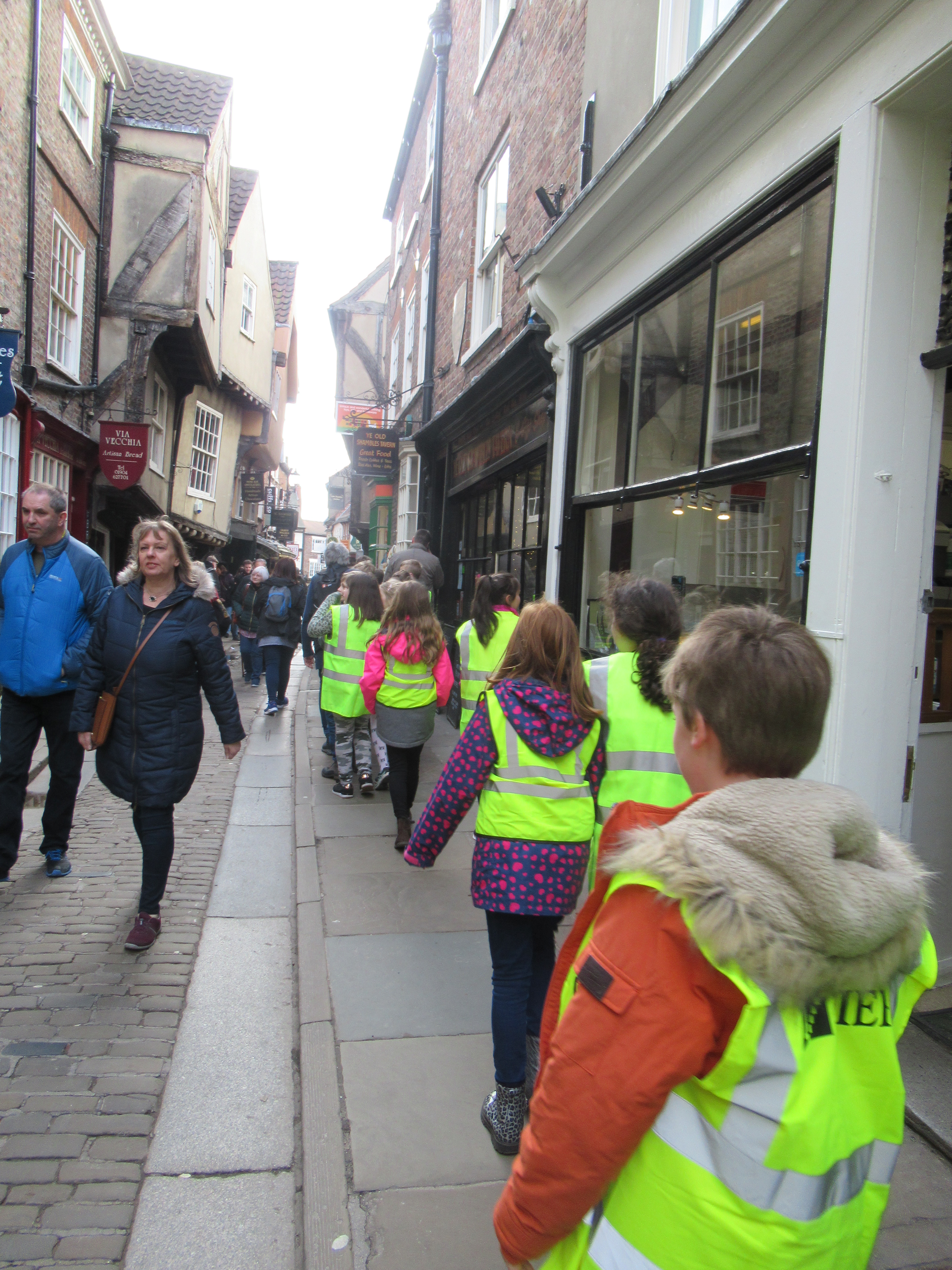Geography
Subject Leader: Mr Farmer
Intent
We are very fortunate to be located in Eden Valley, near to the historic market town of Penrith and just outside the Lake District National Park. The local landscape fosters a real sense of awe and wonder due to its beauty and dramatic appearance, and our local environment provides us with a wealth of experiential geographical learning. We aim to deepen children’s understanding of both physical and human geography by using our landscape and taking children out to experience this, whether it be exploring our local area, such as river studies at National Trust’s Acorn Bank Gardens, or further afield when visiting the Lake District.
We also make use of our residential visits, to cities such as London and York, to further develop children’s understanding of human and physical geography and provide opportunities to develop geographical skills of map reading and fieldwork.
Through our various topics, we also want children to raise and answer questions about the natural and human worlds. Children will develop knowledge of places and environments throughout the world, an understanding of maps, and a range of investigative and problem-solving skills to be applied both inside and outside the classroom.
Geography provides a focus within the curriculum for understanding and resolving the issues concerning the environment and sustainable development and we encourage children to have an active interest in environmental issues, such as members of our school council attending the Cumbria and National Youth Climate Summits in recent years. It also allows pupils to think about their own place in the world, their values, and their rights and responsibilities to other people and the environment.
Implementation
Geography at Temple Sowerby CE Primary School is taught through a rolling programme of termly and half-termly topics, ensuring complete national curriculum coverage of locational knowledge, place knowledge, human and physical geography, geographical skills and fieldwork.
As well as discrete lessons, we make use of cross-curricular opportunities to embed children’s knowledge and understanding in the subject. For example, coordinates and compass directions are linked to position and direction in maths, or using atlases, maps and plans in History when studying past civilisations such as the Romans. Science lessons about biodiversity link well with the geography of our local area surrounding the school. We also invite visitors with different expertise into school; in recent years, we have worked the Eden Rivers Trust and the Wildlife Trust, as well as learning from arctic explorers and world travellers.
Impact
By the end of Key Stage 1, children should have developed their geographical vocabulary by learning about where they live, as well as one other small area of the United Kingdom and a small area in a contrasting non-European country. They should be able to use ICT, world maps, atlases and globes, simple compass directions, aerial photographs and plans, as well as simple fieldwork and observational skills.
By the end of Key Stage 2, children will be able to use maps to focus on Europe, North and South America, concentrating on regions, key physical / human characteristics, countries, and major cities. They should be able to locate the counties and cities of the United Kingdom, and understand their human and physical characteristics. They should also be able to examine geographical similarities and differences by comparing the geography of a region of the United Kingdom with a region in a European country, and with a region in either North or South America. Children should be able to describe and understand key aspects of geography, for example: climate zones, rivers, mountains, volcanoes, earthquakes, the water cycle, types of settlement, economic activity and the distribution of natural resources.



